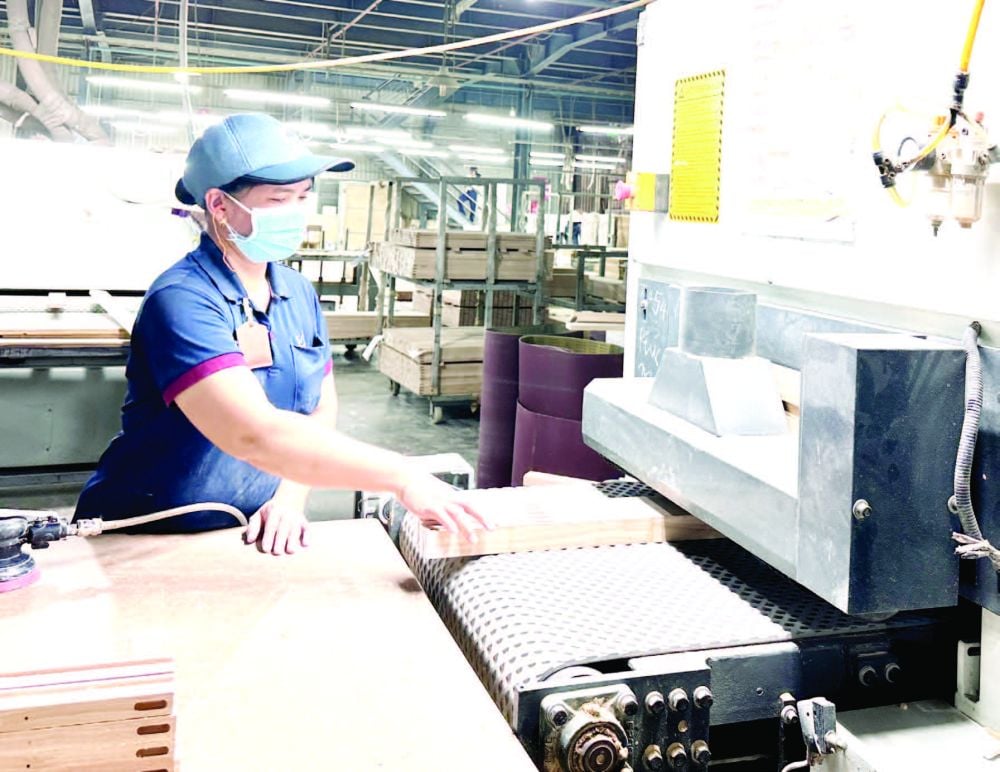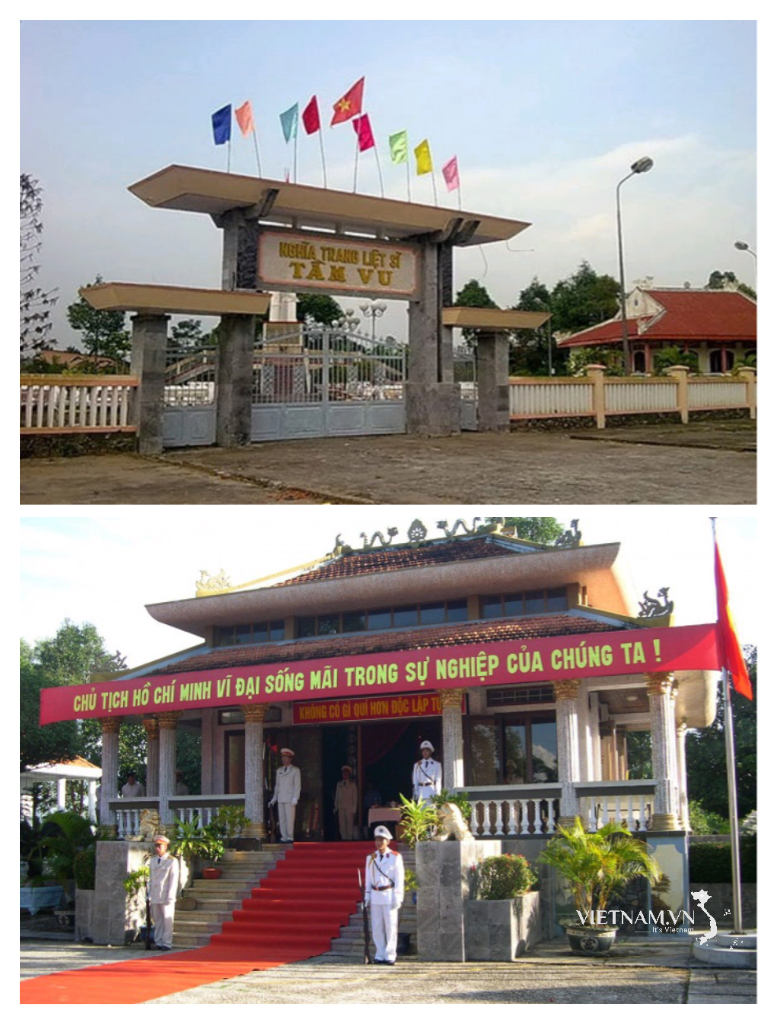
Maintain competitive advantage, explore new markets.
Textiles and garments are currently one of the province's key export items, with the United States accounting for approximately 50% of the province's total textile and garment export turnover. With the new reciprocal tariff policy applied to all US trading partners, businesses believe they will face many difficulties in the coming period. However, the textile and garment industry is still striving to overcome these difficulties and challenges, continuing to contribute effectively to the province's development.
Representatives from the Binh Duong Textile and Garment Association reported that partners have indicated they still prioritize Vietnamese textiles and garments, as they meet requirements regarding production capacity, scale, and skills in producing high-value goods. The crucial issue is how businesses can leverage their opportunities and advantages to maintain orders and reorient their export markets.
According to Mr. Phan Thanh Duc, General Director of Binh Duong Garment Joint Stock Company, to maintain export markets, businesses need to comprehensively assess the internal issues of the industry, and then promptly address limitations and find appropriate directions in the new situation. “The textile and garment industry is currently affected by three main factors: global purchasing power has not recovered, leading to a sharp decline in consumer demand; high inventory levels affect new orders from partners; and extended delivery times put significant pressure on the supply chain. In the short term, textile and garment businesses need to diversify markets, boost exports to markets participating in Free Trade Agreements (FTAs) with Vietnam; and at the same time, work with partners and customers to resolve difficulties in resolving orders currently in transit and those already under contract. “For subsequent orders, businesses need to negotiate in a way that shares benefits and risks throughout the entire supply chain, from raw material suppliers, manufacturers, distributors to the end consumer.” "In particular, we must do a good job of tracing the origin and ensuring transparency of information regarding the supply of raw materials and components," said Mr. Phan Thanh Duc.
Mr. Nguyen Quang Vu, Chairman of the Binh Duong Leather and Footwear Association, said that the leather and footwear industry is also affected by the US change in tariff policies. To cope with this situation, businesses need a flexible strategy, which includes diversifying export markets, expanding investment cooperation, and taking advantage of opportunities from new markets such as the Middle East. "You can't put all your eggs in one basket" is a crucial solution to avoid trade risks, meaning that diversifying export markets is essential. Besides traditional markets like the US and Europe, businesses need to maximize the advantages from the Free Trade Agreements (FTAs) that Vietnam is a party to and that are already in effect, to expand markets and reduce dependence on a few major partners.
Enhancing early warning capabilities
Representatives of the Binh Duong Mechanical and Electrical Association stated they are hoping for timely support from the State to create more "foundation" to overcome difficulties. Expanding opportunities to participate in domestic public investment projects is considered one of the important solutions to help businesses gain more markets and reduce dependence on exports. Meanwhile, according to Ms. Le Hai Lieu, Chairwoman of the Board of Directors of Duc Thanh Wood Processing Joint Stock Company, with 34 years of experience in the wood processing industry, the company has built a solid foundation by not betting everything on a few markets or a few customers.
“The balanced export structure to key regions such as Asia, Europe, Australia, and the United States has created market diversity and stability, helping businesses avoid significant impacts from fluctuations in any single export market. When the US market faces difficulties, we have other markets. When Asia is unstable, Europe is a reliable support. We believe that this diversity and flexibility will help the company overcome challenges and make new strides in the future,” Ms. Le Hai Lieu shared.
Ms. Tran Do Quyen, Deputy Director of the Trade Defense Department, Ministry of Industry and Trade , emphasized that in the current situation, strengthening early warning capabilities and proactively responding to trade defense cases is extremely urgent for businesses. The Trade Defense Department has been striving to share with businesses information on current trade defense measures applied worldwide, and the practical experience of investigating trade defense cases involving Vietnamese wood, steel, and textile exports. From there, it guides businesses in utilizing information and data from the Early Warning System to mitigate trade defense risks. This essential information and data helps businesses in Binh Duong, as well as nationwide, proactively identify risks and take timely and appropriate response measures.
Dr. Can Van Luc, member of the National Financial and Monetary Policy Advisory Council: Businesses need to make good use of tax, fee, and credit support policies to optimize costs, while grasping the dual transformation trend: greening and digitalization to build development strategies that meet ESG (environmental, social, and governance) requirements. Along with that, businesses need to enhance their overall competitiveness, from technology and human resources to risk management and transparency of product origin. Simultaneously, businesses need to take advantage of opportunities from new generation FTAs and the upgrading of Vietnam's relations with countries such as the United States, Japan, and Singapore... |
TIEU MY
Source: https://baobinhduong.vn/mo-loi-cho-xuat-khau-a345985.html





























































































Comment (0)